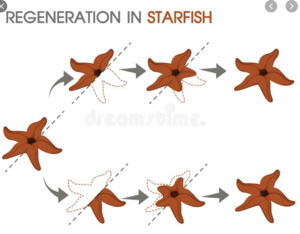- Mar 14, 2020
- 180
- Tinnitus Since
- 12/19
- Cause of Tinnitus
- Noise Exposure + Viral Infection
The best is when they walk around and play at every single table, so you're guaranteed to be deafened at some point lol.OMG, mariachi trumpets are terrible.
As a side note, I read somewhere that a significantly large percentage of people who play in brass bands end up getting tinnitus and/or notable hearing loss. It's sad & inconsiderate that they don't teach you to use earplugs from highschool band onwards.

 Member
Member


